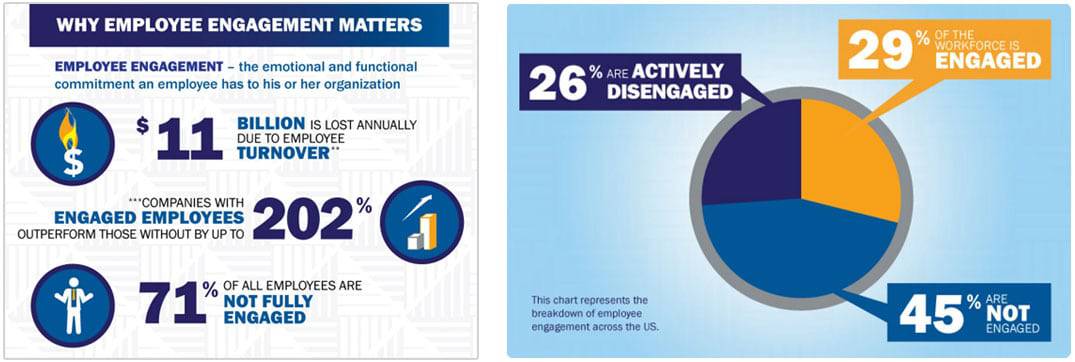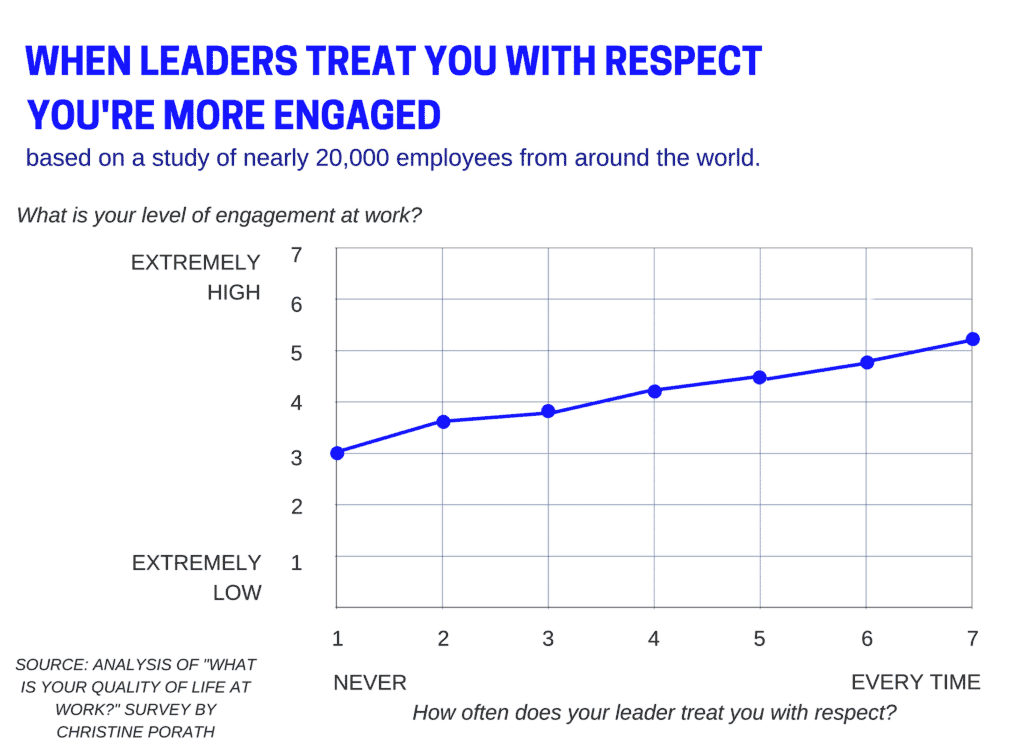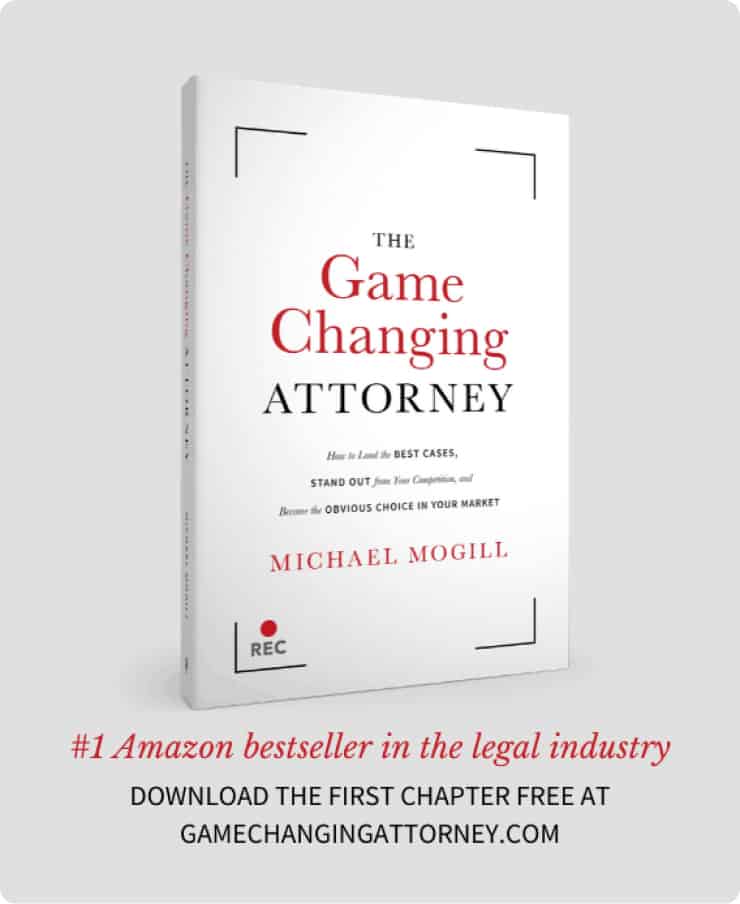When a business isn’t growing, the common approach is to focus on restructuring your business strategy. Yet, many times, it’s not your strategy that prevents progress — it’s your mindset.
Carol Dweck, a Stanford University psychology professor, completed a five-year study to determine what impact one’s mindset has on organizational success. She defined mindset as:
“The belief people have about the nature of talent and ability.”
Someone with a fixed mindset sees intelligence and ability as static givens that cannot significantly change, while talent is a trait that begets success without effort. Those with a growth mindset, however, believe intelligence and ability can be developed and improved upon over time. They also embrace challenges and recognize the effort inherent in success.
Dweck, the author of Mindset: The New Psychology of Success, discovered that individuals with a growth mindset tend to achieve more because they worry less about appearing to be intelligent while also investing more energy into learning new things. Furthermore, when in leadership positions, their employees — who often collaborate and are rewarded for taking appropriate risks — feel more committed and empowered.
It’s this combination of growth mindset factors that frequently lead business leaders to consider it the new psychology of organizational success.
“In a growth mindset, people believe that their most basic abilities can be developed through dedication and hard work — brains and talent are just the starting point. This view creates a love of learning and a resilience that is essential for great accomplishment.”
As Founder and CEO of Crisp Video Group, I’ve watched these factors play out in my own organization time and time again. In just the last few years, we’ve experienced incredible growth. We’ve been named one of the Top 100 Fastest Growing Private Companies in Atlanta for four years straight, one of the Best Places to Work, and we’re listed on the Inc. 500 list among the top 10% of the fastest growing private companies in the US.
More importantly, during this same time, we’ve had the opportunity to help hundreds of attorneys set their law firm apart from the competition and become the obvious choice in their market. This privilege has given me valuable insight into the positive influence a growth mindset can have on a company. I’ve learned to recognize certain patterns that exist in the habits of some of our most successful clients. Here are the top seven mindset habits I’ve seen in the attorneys leading today’s fastest growing law firms.
- They are ambitious
- They are engaged in their business
- They hold themselves accountable
- They are respectful
- They are willing to change
- They are lifelong learners
- They set clear expectations
1. They are ambitious
Ambition is a trait often sought after but rarely achieved. Ambitious attorneys know that achieving their goals will require hard work, determination, and a desire to succeed. When you have this trait, you’re open to ways of thinking that may reject the status quo. You take calculated risks, measure results, and focus on execution. Instead of making decisions based on what could go wrong, you like learning from implementation (remember, even if you fail, there’s always an opportunity to learn).
Vancouver, Washington-based attorney Angus Lee was able to grow a profitable firm in a single year after premiering his Crisp video to coincide with the launch of his new firm. This shows ambition from the outset. Before his firm even opened its doors, Lee found a way to connect with potential clients through the power of emotion and video marketing. His ambition speaks for itself through the current profitability of his law firm after his video resulted in a 1000% return on investment.
Here’s what Angus had to say about his video,
“When I opened up my firm last April, I went about a month or two without the video. It was a slow start. I put the video on my web page and things have been going steady since then. The cost of the video paid for itself in the first couple of cases. I hear from about 50% of my new clients that they hired me because they knew I was the guy after they watched the video.” – Angus Lee, Angus Lee Law
Angus was able to circumvent a common problem experienced by many new business owners, slow initial growth, by taking advantage of a powerful legal marketing strategy.
2. They are engaged in their business
Ignoring the opportunity to become engaged in your business will almost certainly lead to, at worst, a loss of profit, and at best, missed opportunities.
If you’re a disconnected leader, you’re forcing your team to work without direction or clarity. This creates uncertainty for employees who, as a result, likely won’t feel much connection to the business. Engagement involves both the employer and the employee, and without it, productivity and profit will both suffer.
Employee engagement has long been a point of contention for many business leaders, with research indicating that only 1 of every 3 employees are actually engaged in their job. Business leaders and employees alike will not benefit from stagnation in the workplace; while active engagement requires more intentionality and investment in your staff, you will see a hefty return on that investment.

Every single client Crisp takes on is determined to invest in their business. We’re selective in our client screening process because our company philosophy emphasizes that we only work with attorneys who are determined to invest in the growth of their firm. If you’re not engaged in the business you’re supposed to be leading, then who is?
3. They hold themselves accountable
You set the tone for your team. If you expect your employees to be held accountable for their actions, you must be willing to take ownership as well.
Simply put, behave in the manner you expect of your employees. Don’t just tell them what to do; explain why they’re doing it and how this will influence the company. Eventually, your team members will be able to identify the “why” and the benefit behind every part of their role, leading to a more value-driven workplace. And remember that problems are often opportunities in disguise — frustrations often lead to breakthroughs.
As leader of a growing company, accountability is a key to success. In fact, “Take Ownership” is one of Crisp’s core values. While I don’t hold my team members at fault for making mistakes, I do hold them accountable for owning up to those mistakes and learning from them to ensure they don’t happen again — and they expect me to do the same.
Crisp is honored annually by Inc. as one of the fastest growing private companies in the nation. We wouldn’t be on that list if we didn’t hold each other accountable, and those values shine through in our team video highlighting our reactions to the award:
4. They are respectful
In a notable Harvard Business Review study, nearly half of the 20,000 employees surveyed said they didn’t feel respected by their bosses. No other leader behavior had a bigger impact on employee engagement. Treat your team like you would treat your most valued customer.
As Richard Branson says, “Your employees are your company’s real competitive advantage. They’re the ones making the magic happen — so long as their needs are being met.”
If you’re not meeting their needs, how can you expect them to meet yours?

5. They are willing to change
Nothing limits growth and progress quite like the words “but we’ve always done it this way.”
I get it: sameness and stability are comfortable. In the legal field, sameness provides you with the comfort of being able to offer your clients proven results. If you don’t deviate from your routine, you’re better able to put a guarantee behind the manner in which you provide services to your clients. But a closed mind leads to closed windows of opportunity, especially in today’s increasingly competitive business environment.
The marketplace is a rapidly evolving business landscape — your mind needs to evolve with it. First focus on the “why”, then figure out the “how.” After all, without risk, there is no reward.
Consider the law firm of Eisenberg, Gilchrist & Cutt, a client of ours. For 15 years, they succeeded in their respective market by relying on referrals from other law firms who knew their work was top notch. For some firms, success is enough. However, Eisenberg, Gilchrist & Cutt wanted to excel. So they reached out to my team with a simple request: they wanted to use video to define their firm and communicate their unique value proposition to potential clients. They embraced change even when their past efforts were working just fine — and the results paid off.
6. They are lifelong learners
A leader who isn’t open to learning new concepts puts their business in a prison of mediocrity and wasted potential. So read, research, and ask questions of others in comparable positions. Make a habit of staying up-to-date on emerging trends in your industry, and explore trends that could be a viable fit within your company.
Set specific learning goals for yourself and for your team members. In addition, surround yourself with great thinkers who execute on their own advice and always consider the source of your information. As the saying goes, “never let a broke man tell you how to get rich.”
7. They set clear expectations
Clear communication is the pathway to consistent improvement. If you don’t clearly define your goals, how can you expect you, your team, or your vendor partners to achieve them?
If you want mutually understood expectations, you need to communicate them effectively. Clarity is crucial for consistent, positive results.
A basic rule of thumb for setting expectations: make sure they are achievable, measurable, and time-bound. Rome wasn’t built in a day, so while you can have high expectations for your team members, make sure they’re realistic.
So here’s the deal:
Research shows us that the human brain acts much like a muscle. The more often it’s used, the stronger it gets.
When you learn new things, the brain creates tiny connections called neurons. These multiply each time you challenge your mind, so tasks that were once taxing on your energy become easier with time.
How can we apply this science to real life? It’s simple.
If you’re currently experiencing a growth slump in your business, this is the opportune time to put forth extra effort — to create those new connections in your brain. Try something you wouldn’t normally try. Incorporate a new marketing strategy, try a new case management platform, find ways to streamline your client relations process. We’ll give you a head start here.
Want more information on multi-channel marketing, including which platforms your ideal clients are spending their time and how to get started on each one?
Download our free Multi-Channel Marketing Guide for Attorneys below! This resource covers the basics of leveraging multiple channels to connect with prospective clients and provides actionable strategies for launching and optimizing ads on a number of major social channels.
You will most likely have to tolerate a little extra risk. Acknowledge the difference between a strategic risk that yields positive results and avoidable risks with negative results. Consider this: the greatest risk you can possibly take would be to not make the effort to invest in your business. That is an avoidable risk.
The pace of change in today’s business world is only increasing. Hungry for success, every business owner wants to be the next “disruptor” in their respective industry by embracing innovation. New technologies emerge on a daily basis, and the most successful companies are taking each change in stride.
If you don’t make the effort to embrace a shift in mindset, you may find yourself left behind.
Our average client sees a 300% return on investment and a two to tenfold increase in their case values. We know our process works, but we also know that many of our clients take a risk when they hire us. We attribute our clients’ success to their dedication to embracing change and risk in order to promote meaningful growth within their firm. In exchange, we go above and beyond to ensure they’re happy with the end result.
These numbers aren’t the result of chance or luck. They’re a direct result of a persistent, results-driven growth mindset that shapes everything we do, from pre-production to the marketing machine that drives results. Our team isn’t comfortable just being comfortable. We’re vested in our clients’ success from the outset — no matter the time and effort it requires.
Check out this on-demand webinar if you’d like to listen to a deep dive into each of these mindset habits and provide you with actionable takeaways and an exclusive free download!
Watch The 7 Mindset Habits of the Attorneys Behind Today’s Fastest Growing Law Firms Webinar here!








